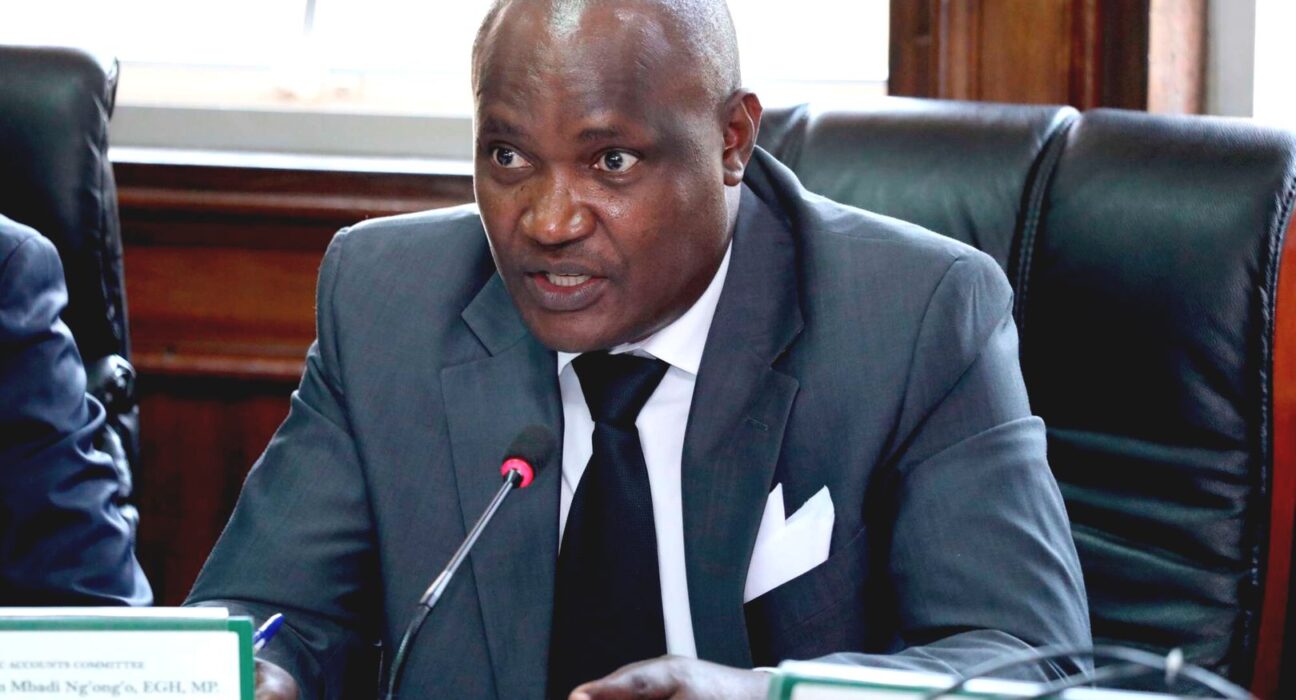The Kenyan government is set to revolutionize its public procurement landscape with the rollout of the Electronic Government Procurement (e-GP) System. This initiative aims to enhance efficiency, transparency, and accountability across both national and county government procurement processes.
Understanding the e-GP System
The e-GP System is an online platform designed to digitalize the entire public procurement cycle. By leveraging information technology, the system seeks to streamline the acquisition of goods, works, and services, ensuring a more transparent and efficient process. This move aligns with global best practices, positioning Kenya alongside countries that have successfully implemented similar systems to curb corruption and promote fair competition.
Key Benefits of the e-GP System
Implementing the e-GP System is expected to yield several advantages:
- Cost Reduction: Minimizing paperwork and manual processes will lead to significant savings in procurement costs.
- Enhanced Transparency: An online platform reduces opportunities for corrupt practices by providing a clear, auditable trail of all procurement activities.
- Improved Efficiency: Automating procurement processes will shorten procurement cycles, enabling faster delivery of services and projects.
- Standardization: Uniform procedures across all government entities will ensure consistency and fairness in procurement practices.
- Better Data Management: Centralized data will facilitate improved planning, monitoring, and evaluation of procurement activities.
Registration Process for Suppliers
To participate in government tenders via the e-GP System, suppliers, contractors, and consultants must register on the platform. The registration process involves the following steps:
- Access the e-GP Portal: Visit www.egpkenya.go.ke to initiate the registration.
- Provide Business Details: Enter your business registration number, Kenya Revenue Authority (KRA) PIN, and other relevant information.
- Upload Necessary Documents: Submit copies of your certificate of incorporation, compliance certificates, and any other required documents.
- Contact Information: Ensure you provide a valid email address and phone number for communication purposes.
It’s crucial to ensure that all information provided matches records maintained by relevant government agencies to avoid registration rejection. Discrepancies or mismatches may lead to application denial. Kenyans
Support for Registrants
Recognizing that some suppliers may encounter challenges during registration, the National Treasury has established several support channels:
- Email Assistance: For queries, contact support@egpkenya.go.ke.
- Telephone Support: Reach out via +254 (020) 3341030/3340400/3340433.
- Physical Support: Suppliers in Nairobi can visit the e-GP offices on the 6th Floor, Room 622, Treasury Building, Harambee Avenue, between 9:00 a.m. and 4:00 p.m.
- Huduma Centres: The National Treasury has desks in all Huduma Centres nationwide to assist with registration during office hours.
- Online Resources: A Supplier Registration Module Manual is available on the e-GP Portal to guide users through the process.
Additionally, weekly supplier registration webinars will be held every Thursday from April 10 to May 30, 2025. Suppliers must register for these training sessions through links provided on the e-GP portal under the Supplier Training section. Only registered participants will receive webinar invitations.
Government’s Commitment and Timeline
The push for the e-GP System gained momentum following President William Ruto’s directive during the State of the Nation address on November 21, 2024. The President emphasized the need for the National Treasury to implement the system by the first quarter of 2025, highlighting its potential to enhance transparency and reduce corruption in public procurement.
In response, the National Treasury has outlined a phased rollout plan:
- Pilot Phase: Commenced with select ministries, departments, and agencies to test the system’s functionality and address any issues.
- Full Implementation: Scheduled for July 1, 2025, with all government entities required to conduct procurement activities exclusively through the e-GP System.
Financial Investment and Support
The development and implementation of the e-GP System represent a significant financial commitment by the government. An initial allocation of Ksh 560 million was earmarked to complete the digitization process. However, budgetary constraints have led to adjustments, with the Treasury planning to reduce expenditure on the project by over 80% in the next financial year. Despite these challenges, the government remains steadfast in its commitment to fully operationalize the system, recognizing its long-term benefits.
Implications for Kenyan Businesses
For businesses engaged in supplying goods and services to the government, the e-GP System introduces a paradigm shift:
- Mandatory Compliance: All suppliers must register and familiarize themselves with the new system to continue participating in government tenders.
- Increased Competition: Enhanced transparency may lead to more businesses bidding for tenders, fostering a competitive environment.
- Skill Development: Businesses may need to invest in training to navigate the digital platform effectively.
Embracing this change is crucial for businesses aiming to maintain and expand their engagement with government contracts.
The rollout of Kenya’s e-GP System marks a transformative era in public procurement, promising enhanced efficiency, transparency, and accountability.





